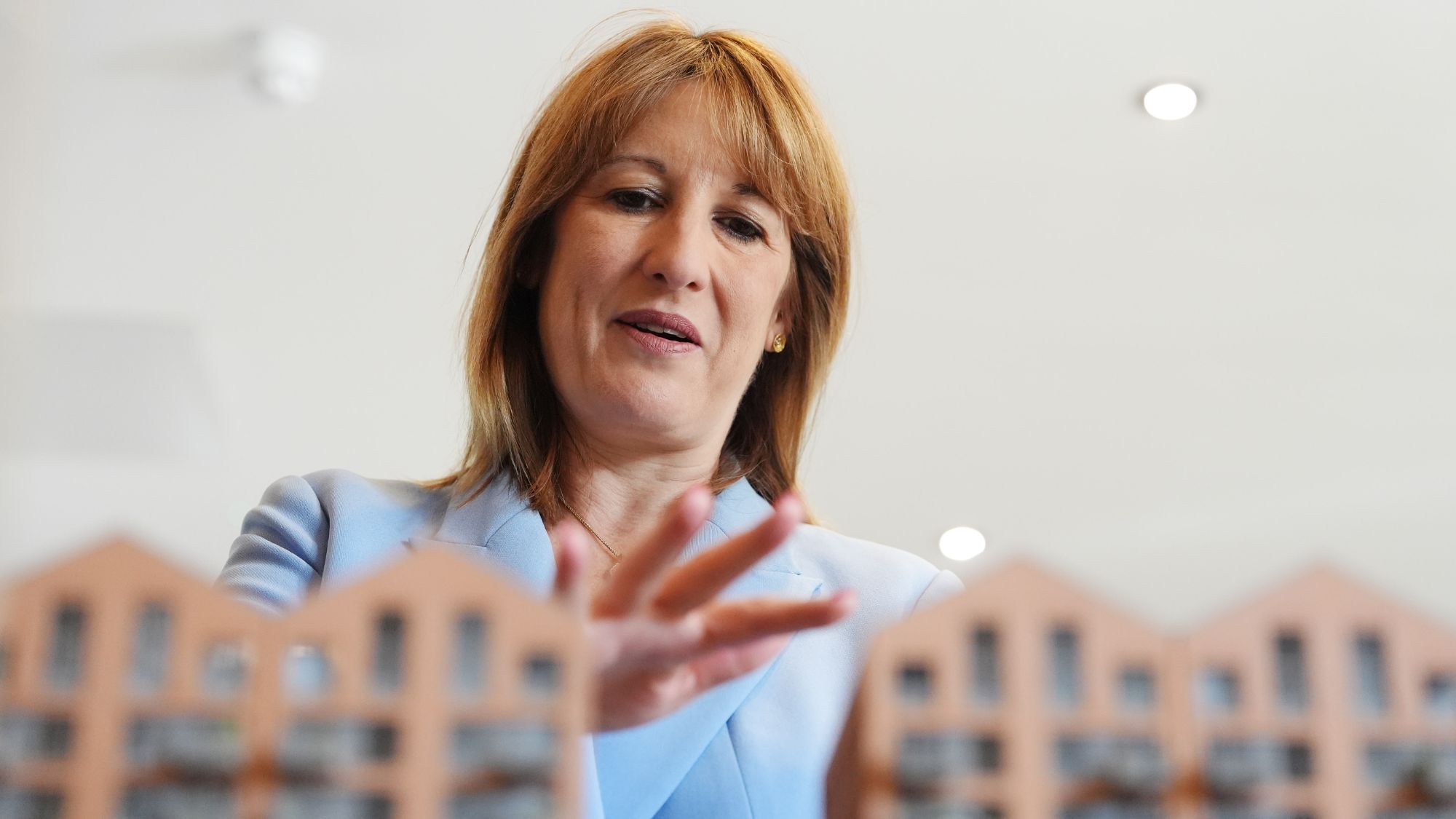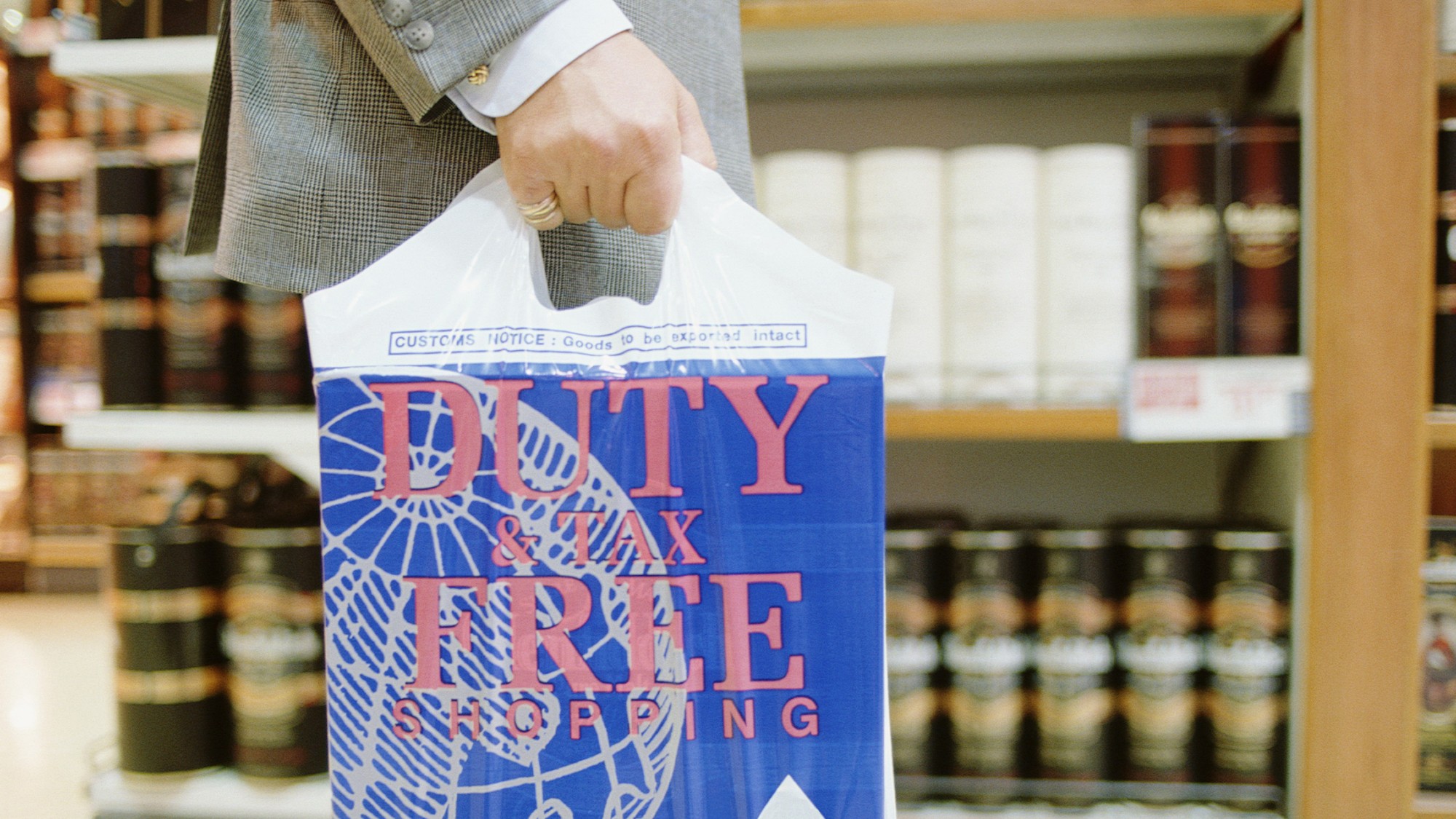What the 2025 Autumn Budget could mean for your wallet
Chancellor Rachel Reeves will reveal her latest plan to balance the nation’s finances in November

A free daily email with the biggest news stories of the day – and the best features from TheWeek.com
You are now subscribed
Your newsletter sign-up was successful
The rumour mill is swirling ahead of Chancellor Rachel Reeves’ latest attempts to balance the books in the 2025 Autumn Budget.
She will deliver her latest fiscal update on 26 November, “amid anaemic growth and higher-than-expected government borrowing”, said The Telegraph. There are fears that Reeves will announce either more tax rises or further spending cuts.
There has already been “plenty of speculation” about tax changes, said Fidelity International, but it is important to “not make snap decisions based on rumours”.
The Week
Escape your echo chamber. Get the facts behind the news, plus analysis from multiple perspectives.

Sign up for The Week's Free Newsletters
From our morning news briefing to a weekly Good News Newsletter, get the best of The Week delivered directly to your inbox.
From our morning news briefing to a weekly Good News Newsletter, get the best of The Week delivered directly to your inbox.
Property tax reform
The Treasury has been considering a “radical overhaul of stamp duty and council tax”, said The Guardian.
Ministers have reportedly been tasked with examining the impact of a new national property tax on the sale of homes worth more than £500,000, with another levy replacing council tax “to repair battered local authority finances”.
The changes would be a boost for homebuyers, said MoneyWeek, but would raise “issues of regional unfairness” as most high-value homes are in the south of the country, plus it could distort the market and disincentivise downsizing.
Landlords could also face “yet another tax raid”, said This Is Money, with the chancellor rumoured to be considering “imposing National Insurance on rental income”. This could “apply further pressure to landlord budgets”, and could push rents higher.
A free daily email with the biggest news stories of the day – and the best features from TheWeek.com
ISA reform
The chancellor’s Spring Statement announced a review of individual savings accounts (ISAs). This has prompted “widespread speculation”, said Fidelity International, that the overall £20,000 limit could be cut for cash ISAs to encourage more people to invest.
But if Reeves wants to encourage people to put their money into the stock market, Richard Wilson, chief executive of interactive investor, said she needs to make “UK stocks and shares more investable” by removing stamp duty on UK shares.
Pension changes
Rumours about changes to pensions come up “every single year”, said Which?, often “not based on anything official”.
A regular rumour is that pension tax relief could be changed to a flat rate for everyone, which would “reduce the perk for those on higher incomes”.
The lifetime allowance, scrapped by the Tories, “could also be brought back by Labour”, said City A.M., but pension reform is a “complex business” with a “high risk of unintended consequences”.
Wealth taxes
The “most fevered speculation” this year is about wealth taxes, said The Times.
The chancellor is rumoured to be considering making capital gains tax applicable on sales above £1.5 million, something that could substantially increase the tax take from high-value property sales.
But the success of a wealth tax would depend on the design, said HFMC Wealth, as it “may lead to unintended consequences such as capital flight, underreporting, and minimal fiscal impact”.
Stealth taxes
While Labour vowed in its general election manifesto last year that it wouldn’t raise taxes on working people, said City A.M., think tanks have suggested the government could “feasibly get away with” extending a freeze on income tax thresholds. The action could raise more than £9 billion.
However, this would create a “stealth tax”, said The i Paper, as “more people are pulled into paying higher rates of tax” as wages grow.
Marc Shoffman is an NCTJ-qualified award-winning freelance journalist, specialising in business, property and personal finance. He has a BA in multimedia journalism from Bournemouth University and a master’s in financial journalism from City University, London. His career began at FT Business trade publication Financial Adviser, during the 2008 banking crash. In 2013, he moved to MailOnline’s personal finance section This is Money, where he covered topics ranging from mortgages and pensions to investments and even a bit of Bitcoin. Since going freelance in 2016, his work has appeared in MoneyWeek, The Times, The Mail on Sunday and on the i news site.
-
 What is the endgame in the DHS shutdown?
What is the endgame in the DHS shutdown?Today’s Big Question Democrats want to rein in ICE’s immigration crackdown
-
 ‘Poor time management isn’t just an inconvenience’
‘Poor time management isn’t just an inconvenience’Instant Opinion Opinion, comment and editorials of the day
-
 Bad Bunny’s Super Bowl: A win for unity
Bad Bunny’s Super Bowl: A win for unityFeature The global superstar's halftime show was a celebration for everyone to enjoy
-
 What to know before filing your own taxes for the first time
What to know before filing your own taxes for the first timethe explainer Tackle this financial milestone with confidence
-
 How your household budget could look in 2026
How your household budget could look in 2026The Explainer The government is trying to balance the nation’s books but energy bills and the cost of food could impact your finances
-
 3 required minimum distribution tax mistakes to avoid
3 required minimum distribution tax mistakes to avoidThe Explainer Missteps in making withdrawals from tax-advantaged retirement accounts can cost you big
-
 How the clock change could impact your finances
How the clock change could impact your financesThe Explainer The winter months can be more expensive but there are ways to keep your costs down
-
 Six actions to protect your finances before the Autumn Budget
Six actions to protect your finances before the Autumn BudgetIn Depth Reforms to property taxes, pensions and inheritance tax may be on the agenda for the 2025 Autumn Budget. Here is how you can prepare
-
 Is duty-free shopping worth it?
Is duty-free shopping worth it?the explainer How to determine whether you are actually getting a good deal
-
 What taxes do you pay on a home sale?
What taxes do you pay on a home sale?The Explainer Some people — though not many — will need to pay capital gains taxes upon selling their home
-
 Clean energy tax credits are going away. Here's how to get them before it's too late.
Clean energy tax credits are going away. Here's how to get them before it's too late.The Explainer Trump's recently passed megabill promises the early demise of clean energy tax credits